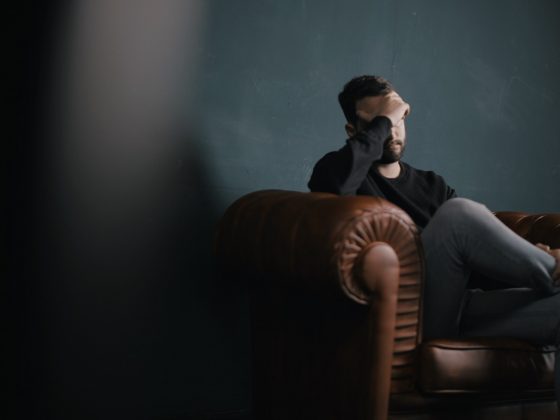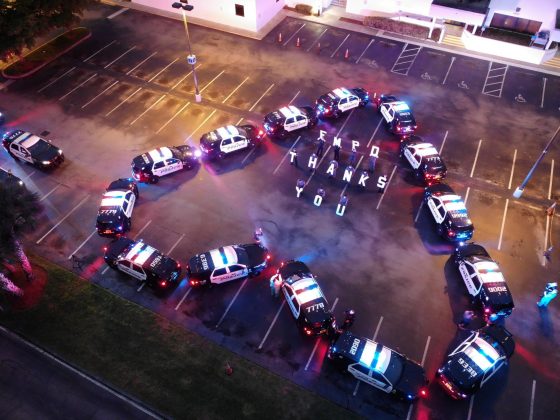On December 26, 2004, at 9:30 in the morning, an unusually large and fast moving wave rushed across the tranquil morning sea, wetted the surprised beachgoers in Koh Lanta, Thailand, crashed on the beach, and dragged some of the chairs back out to sea. Lisa Anckarman, then a fifteen year old girl, filmed the wave, and much of what had happened afterwards.
At first, she says, “People remained on the beach and a confused murmur spread among the locals and the tourists. The response was shock,” she continues, “yet somewhat amused.” But as people were watching the chairs drift off to sea, “that’s when a roaring sound filled the air. The amused looks turned to the horizon, to see a wall of mud and water approaching. At first,” she writes, “I struggle to comprehend what I am seeing.” And then, “the air around filled with complete panic.” Anckarman, young and athletic, grabbed her little sister and ran up the nearest hill. They survived, but on that day, nearly a quarter of a million people lost their lives to the tsunami.
The earthquake that caused the tsunami was the third largest ever recorded, and had the longest duration of faulting ever observed—between eight and ten minutes. Yet, in the vast majority of the coastal areas surrounding the epicenter of the quake, no alarm was sounded prior to the arrival of the waves.
“The sooner we turn our minds, hearts, and bodies to building a society based on mutual responsibility, incorporation of all parts of society, and building a sense of commonality, the sooner we’ll be freed from the virus and its subsequent horrors.”
In my view, our biggest problem today is that we are a lot like those naïve beachgoers. We think that this is just a big wave; it’ll take a few chairs with it as it retreats and that’s the end of it. We don’t realize that it’s the beginning of a series of waves, each bigger and more devastating than its predecessor, and that when it’s all over, our world will have changed forever. COVID-19 is not the whole event; it is that first “unusually large and fast moving wave.” This is why many people are confused yet amused, not knowing if they should take it seriously or not. But we should all take COVID-19 very seriously.
The new world has been forming under the surface for decades, yet we resisted its arrival. We tried everything we could to keep consumerism and ruthless competition going at all cost, but we only delayed the inevitable. Now, finally, the tectonic pressure has built up to the point where the plates flung into a new position, the pressure has been released at once, and the result—a worldwide life changing tsunami. We should not fool ourselves; the waves that will follow COVID will be higher and more devastating. We will escape their impact only if we act now.
The shift that has been building is a transformation in our relation to the world and to society, to other people. It is a revolution in our perception of reality from seeing the world through individualistic eyes to seeing it through the eyes of the collective. We are still resisting the transition. Our egos tell us that it’s just a wave; we’ll soon go back to celebrating life, depleting the planet and exploiting anyone we can, deliberately or inadvertently. But our egos are misleading us. The majority of those who stayed ashore on December 26, 2004 didn’t survive the waves that followed. Nor will those who insist on burying their heads in the sand today.
The sooner we turn our minds, hearts, and bodies to building a society based on mutual responsibility, incorporation of all parts of society, and building a sense of commonality, the sooner we’ll be freed from the virus and its subsequent horrors.
Unlike 2004, we have had numerous alarms. Many people warned that our paradigm was unsustainable. I myself have been writing and speaking about it for at least fifteen years, but my pleas were always met with patronizing tolerance, if not with blatant scorn.
Now we are past the phase of sounding the alarm; we are in the midst of the event. We should do what we are told: keep our social distance, wear our masks, and begin to look at where we are. The jobs of the past are gone or dying fast. Machines will do most of the physical work, and human jobs will relate more and more to human connections. There will be an abundance of occupations required for building a new society, based on caring, solidarity, social cohesion—all those values we have ridiculed for so long. Now they are vital for our existence. Without them, we will not be able to do anything, not even maintain food supply chains to feed ourselves and our families. Today, mutual responsibility is not a gallant notion; it is as necessary as food and water, since without it, we will have neither.
We must understand that now we will swim together, or we will drown alone.











